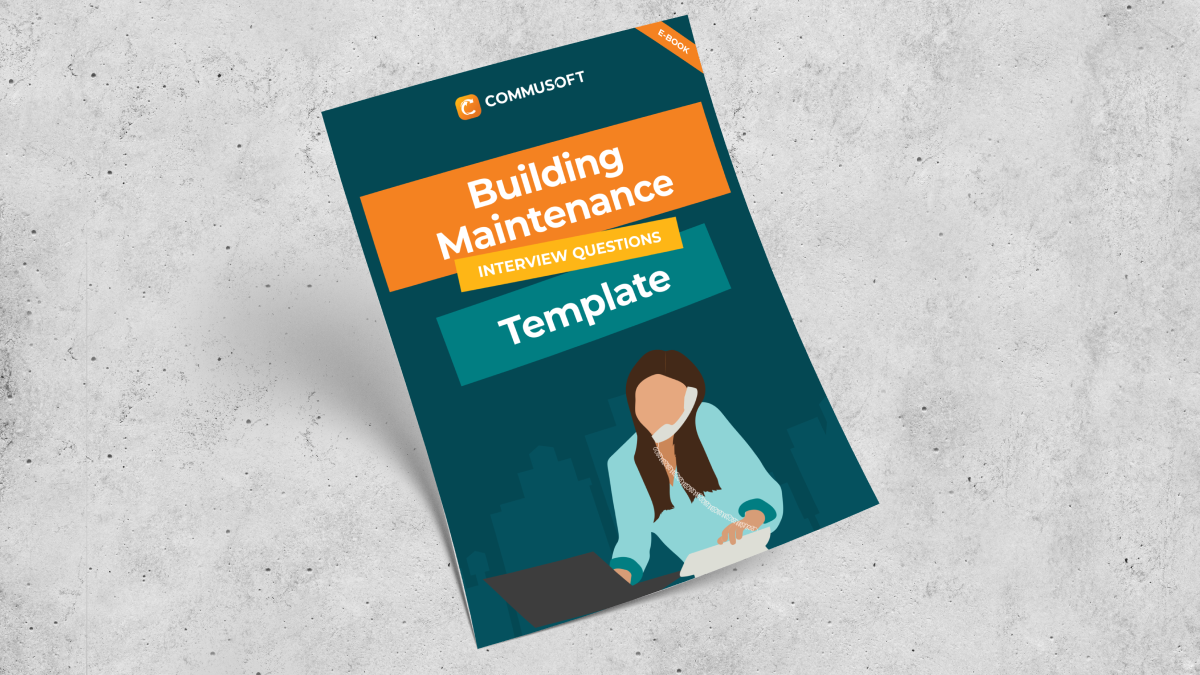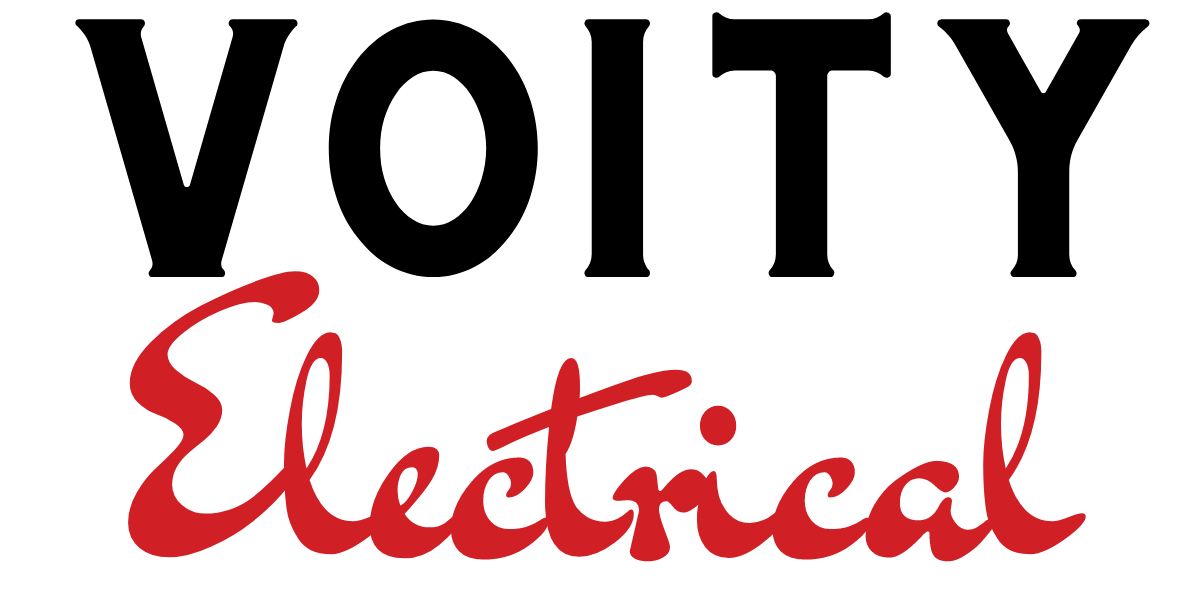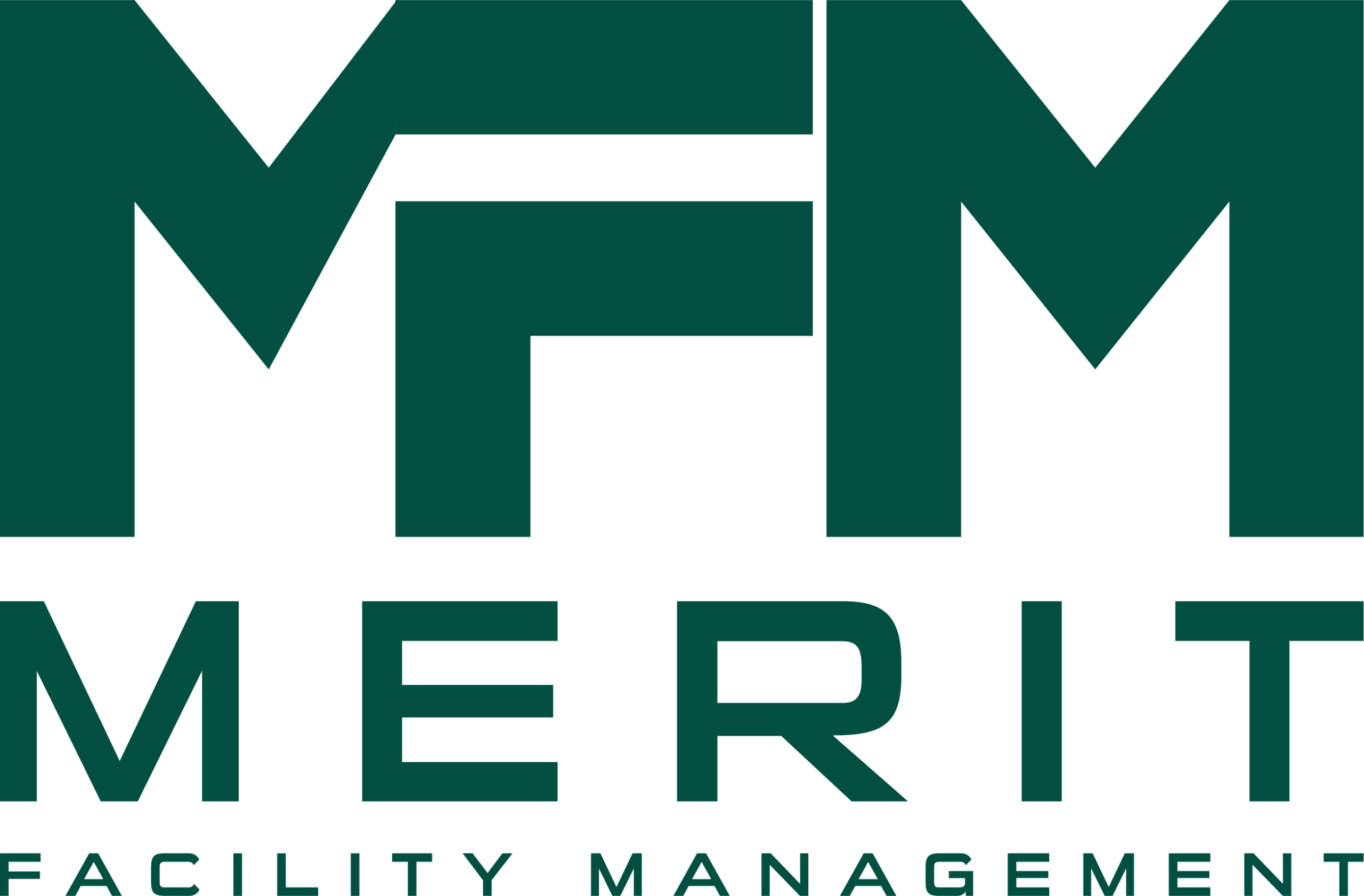25 Electrical Interview Questions You Should Ask When Hiring
September 26, 2023 | Read: 17 minutes

To help save you time and money, we’ve put together 25 electrical interview questions you should ask during any interview to ensure you hire the best candidate possible!
After all, while growing your business is an exciting prospect, it can also be a time-consuming and costly task when done correctly. This guide can help make interviews (and choosing top candidates) easier!
The questions below are designed not only to evaluate technical knowledge, but also to assess problem-solving abilities and practical experience in the field. Altogether, they’ll help you find the best person who’s the best fit for your team.
With the demand for electricians is on the rise, many employers are actively seeking new talent, but it can be difficult to know where to begin with the interview process.
To make things even easier, we’ve divided our questions list into five distinct sections:
- Technical Questions
- Soft-Skill Questions
- General Questions
- Behavioural Questions
- Company Culture
By dividing your interview up into sections, you can follow a logical pattern that will keep you focused, keep conversation flowing, and ensure you cover lots of insightful topics.

The Importance of Hiring the Right Electrician
When hiring, it’s crucial for both you and your interviewer to feel confident about any potential new employee.
After all, bringing someone on board is a significant investment, and they will become a representative of your company.
When navigating the hiring process, it’s crucial to ask the right questions.
As such, you need to invest time in understanding candidates thoroughly to help you assess whether they are the best fit for your team.
Electrical Interview Questions to Help in the Selection Process
A job interview is not something that should be rushed.
So, when asking these electrical interview questions, stay focused on having a real conversation with the applicant.
The more you can discover about them, the easier it will be to hire the best person for the job.
Technical Electrical Interview Questions
While some things can be taught, it’s best if candidate have a decent amount of technical knowledge and experience.
While some of these questions could be relevant for apprenticeships or internships, here, we’re focusing on more experienced prospects.
After all, if you’re looking to grow, you’ll want to bring on staff who can hit the ground running and easily transition into a role on the maintenance team.
These types of electrical interview questions focus on specific skills that the candidate possesses. Typically, this knowledge comes from an earned degree, certification, or prior experience.
Here are some questions you could ask:
1. What are the different types of cables used in transmissions in electrical engineering?
Why it matters: Does the applicant have the foundations down?
If there is hesitation or long pauses in their answer, this may be cause for concern.
An experienced electrician should answer this question easily, as it’s something they’ll regularly work on.
2. What do the different colors on wires in electrical circuits indicate?
Why it matters: Again, this technical question will test the candidate’s knowledge.
Electrical work, like working with circuit breakers for example, can be dangerous, so you want to ensure they’re confident and clear on the basics.
If they’re confused between a black wire and a white and gray wire, for example, you’ll want to find out now and not when they’re in the field.
3. What personal protective equipment do you need to bring to every job that involves high voltage and electric shock?
Why it matters: The safety of your employees, customers, and those around them should always come first.
Therefore, it’s important that the candidate demonstrates they take this seriously.
If they say they don’t bother with protective gear for most jobs—that’s a red flag.
4. Can you talk me through how you approach a work order, step by step, considering factors like current flow and power factor?
Why it matters: This electrical interview question will not only give you insight into their qualifications but also how they perform their work.
This is important because if they rush through their explanation, that is most likely how they’ll approach work in the field.
On the other hand, if they explain each step in detail, you can feel confident they’re thorough and precise on the job.
5. What do you believe are some essential technical skills and responsibilities of an electrician?
Why it matters: Asking a candidate this enables them to demonstrate their understanding of being an electrician as well as showcasing their own abilities.
If they struggle to answer this question, it might mean they don’t have the skills for the role.
Bonus Technical Electrical Interview Questions to Consider:
- What new technical skills are you hoping to learn?
- Can you name some materials that electricians use as conductors & insulators?
- How do you explain the difference between A.C. & D.C.?
- What are the differences between alternators and generators?
Soft-Skill Electrical Interview Questions
Unlike hard skills which are role-specific, these questions are much more universal.
Asking them will allow you to understand how the applicant works in a team, problem-solves, leads others, and even their work ethic.
At the end of the day, a tech might be experienced and accomplished, but if they don’t take things like punctuality or good manners seriously, they might not be worth the trouble.
6. How would you explain a complex problem in a customer’s home to them?
Why it matters: Communication is key, especially in a customer-facing role.
While the candidate most likely can explain the complex problem, can they explain it in a way that will make sense to (and satisfy) the customer?
If the applicant can approach it calmly, explain it clearly, and show patience and understanding, they’ll be a major asset to your company and help navigate costly or stressful scenarios.
This skill can be especially helpful to closing more deals and upselling customers: but always keep the customers needs in mind.
7. Talk about a time you recognized a way to streamline a process and what initiative did you take?
Why it matters: This interview question is meant to gauge an applicant’s leadership skills.
If it’s evident to them that something is not as it should be, will they step up and take the lead to fix it? How will they communicate their choice?
After all, you want employees who are proactive and responsible enough to inform their teammates and managers of their decisions.
If you’re looking for technological solutions to assist you in streamlining daily operations, check out our all-in-one field service management software.
8. Tell me about a time where you were asked to take on a task you weren’t familiar with.
Why it matters: It’s important that your electricians can problem-solve and face a challenge without hesitation.
Things aren’t always going to go as planned in the field, so they need to be adaptable.
If they can’t tell you a time they took on a challenge like this, it may be a red flag.
9. When working on a project, how do you adapt to the changes that will inevitably occur?
Why it matters: Timeframes and deadlines can sometimes change on the fly. Being flexible and open to change is an important trait for all employees to have.
When working on large projects there are a myriad of variables — and it’s inevitable that some change will occur.
You want to ensure you have a team that adapts with ease, not employees who are easily frustrated by the unpredictable.
10. What do you consider to be a job well done?
Why it matters: Everyone wants to do a good job, but that can mean a lot of different things depending on the person.
This question gives insight into their work ethic and ensures you and the applicant are on the same page about the quality of work and what the expectations are for the position.
This is where you should pay attention to their attitude towards customers and service, as well as technical details. Do they give the impression they’d help improve customer journeys?
Bonus Soft Skill Electrical Interview Questions to Consider:
- How would you handle a disagreement with a manager or superior?
- How do you prioritize when you have multiple projects going on?
- What role do you prefer to play on a maintenance team?
- Are you comfortable training others?
General Electrical Interview Questions
You can learn a lot about a candidate by asking them about their skills, but there are other important things to take into consideration as well.
For example, you’ll want to ensure they have a clean record and that their salary expectations match your budget.
A “no” to one of these can be a deal breaker.
That’s why it’s best to ask these general electrical interview questions before sending an offer letter to a candidate who ultimately won’t be a match long-term.
11. Do you have a valid driver’s license and a clean driving record?
Why it matters: If the applicant can’t drive or has too many accidents on their record, things may not pan out in the long run.
After all, you don’t want to risk your vehicles or drive up your insurance costs.
It would be frustrating to learn this detail only after a job offer has been made, so be sure to ask this question early on in the process.
12. Are you familiar with electrician software and using new technology?
Why it matters: While this shouldn’t be a make-or-break question, familiarity with electrical systems is important.
If the candidate is familiar with the electrician software your team is already using, that’s amazing! It may mean they require less training and can hit the ground running.
Being open to using new technology and learning new processes shows an open mind and willingness to learn.
Find out more: discover best electrician tools for your belt & business!
13. What are your wage expectations for this role?
Why it matters: Some hiring managers shy away from asking this because, frankly, they don’t want to hear the answer.
However, there is no point in spending more time interviewing electricians whose salary expectations don’t align with your budget for the role.
We’d go as far as recommending including the salary bracket in the job listing to avoid wasting both your and candidates’ time.
14. Tell me about yourself
Why it matters: A resume isn’t always the most dynamic, so be sure to give candidates the opportunity to put it in their own words!
They should walk you through their experience and why they’re interested in electrical work.
However, this question also enables them to open up and share more about who they are as a person.
15. Do you have any questions for me?
Why it matters: An interview is a conversation. The applicant should be equally curious about you as you are about them—and if they’re not, it might not be the best fit.
They should be genuinely inquisitive about the business and hopefully come with questions prepared in advance.
Something as simple as, “Where do you see me fitting into the company and team?” can show their interest and open the dialogue further.
Bonus General Electrical Interview Questions to Consider:
- What do you think are your strengths and weaknesses?
- Do you have any long-term career goals?
- How do you stay motivated?
- Can you work well under pressure?
Behavioral Electrical Interview Questions
Behavioral questions are focused on asking an applicant about their past experiences.
It’s a great way to learn about how they approach their work and the traits that make them successful in a role.
16. Describe a time when you needed information from someone who wasn’t very responsive. How did you handle the situation?
Why it matters: This question will give you insight into their communication and problem-solving skills.
Not only is it important for an employee to be able to communicate and work well with others internally, but they also have to maintain good client relationships externally.
17. Have you ever made a mistake on the job? How did you handle it?
Why it matters: Everyone makes mistakes at some point and they need to communicate them when they happen!
The candidate needs to show their ability to take accountability but also that they were able to learn and grow from the error.
If they can’t do either of these, it should be a red flag in the interview.
18. What was your least favorite task to perform on a job?
Why it matters: This is a twist on the classic, “What’s your biggest weakness?”
Most likely, if it’s their least favorite task, it means they dislike it because they’re not the best at it.
Look for candidates who turn negatives into positives—it may be their least favorite task, but are they working towards getting better at it?
19. How would you handle a situation when you’re working in a team and your partner disagrees with your solution?
Why it matters: It’s important that your new employee is a team player, because more often than not, they’ll be working as part of a team.
This question evaluates if they can take feedback from a teammate, or whether you’ll find yourself having to micromanage every small disagreement.
If they become defensive and say they’re always right, it should be a red flag.
20. Tell me about a time when you were unable to meet customer expectations.
Why it matters: Being an electrician means working with customers daily, and it’s inevitable one of their jobs didn’t meet expectations.
It doesn’t have to be technical either; it could simply be they arrived late and kept the customer waiting.
What matters is not their shortcomings, but how they communicate their failure—especially when it’s not necessarily their fault—and translate it into a success.
Bonus Behavioral Electrical Interview Questions to Consider:
- How do you handle feedback or constructive criticism?
- Have you ever witnessed unethical behavior in the workplace? How did you respond?
- Talk about a time you went above and beyond for the company.
Company Culture Questions
You want to make sure your new employee will positively contribute to your team and work environment.
Company culture questions are meant to help you identify candidates who align with your business’ values and beliefs.
21. What would be your ideal company culture?
Why it matters: Sometimes, being direct is best. If you want to know what the candidate values most, ask them!
Is it being a part of a tight-knit team? Or is work/life balance is at the top of their list?
It’s valuable to see where your values align, or even discover if this is an opportunity to adapt your company culture.
After all, new employees can bring new ideas!
22. What type of work environment do you prefer?
Why it matters: This electrical interview question serves both a cultural and practical purpose.
If the applicant says they prefer to work remotely five days a week—and you’re hiring for a technician role—this might be a deal breaker.
Again, it is important to set and define expectations early on to ensure everyone is on the same page.
23. What made you interested in working for our company?
Why it matters: You want to ensure candidates are serious about the opportunity, and this is a great way to find out.
You most likely have your company history and values on your website—did they do their research?
If their answer seems completely off base, they most likely didn’t invest the time into learning about the business, which can be a red flag.
24. What are you looking for in your new job?
Why it matters: Maybe we sound like a broken record, but one of the best ways to hire the right employee is by ensuring you’re both aligned throughout the hiring process.
Make sure you can actually provide what they’re looking for in their new role.
Otherwise, you may run into problems and struggle to retain them down the line.
25. What are your interests and hobbies?
Why it matters: This is a great way to see if candidates share common interests with your team.
For example, maybe they love cooking, and your company recently had a baking competition.
And if their hobbies are completely different—that’s great too! It means they can bring something new and interesting to the table.
Other Company Culture Questions to Consider:
- How do you see your role expanding as you become more senior?
- Talk about a time you had to work with your team to achieve a common goal.
- What past experiences have you had that make you a good cultural fit?
What Are the Signs of a Top Candidate?

It can be difficult to tell, especially when you’ve interviewed a high number of applicants.
So, you’ve now asked all the right questions, but how do you know who the right person for the job is?
However, there are ways to identify a good candidate from a great one.
Top applicants will provide you with concrete, detailed examples when answering questions. Typically, they’ll use the STAR method:
- Situational
- Task
- Action
- Result
This means they’ll explain the situation they were in, what they were tasked to achieve, the actions they took, and finally the results of those actions.
These answers should give you a comprehensive overview of their skill level, personality traits, and how they behave in certain situations.
Also, look for applicants who demonstrate positivity and initiative throughout their interview. Even if they’re talking about a negative experience, were they able to turn it into a positive outcome?
If they’re pessimistic from the start and seem to shift blame to anyone or anything other than themselves, chances are that attitude won’t change once they join your team.
A top candidate will also be open about how they want to grow with your company—and this is very important.
Having a high employee turnover rate is not only bad for team morale, but it’s also costly.
Therefore, you want to ensure applicants are serious about the opportunity and see a future for themselves with your company long term.
And finally, as Dwayne Childer at Electrical Contractor Magazine put it,
“Hire based on work ethic, rather than skill level. To someone who’s willing to learn, I can teach the skills needed to be an electrician. But, it’s almost impossible to teach a work ethic. They’ve either got it or they don’t.”
Check out the best electrician software for your business!
Find the Perfect Fit for Your Electrician Position Today!
By posing a range of electrical interview questions—focusing on skills, behaviors, and cultural fit—you can enhance the quality of your conversations with candidates.
This approach will also provide valuable insights into their personalities, abilities, and qualifications and you’ll find it easier to identify the ideal candidates for your growing electrical business.
Of course, as your company expands and welcomes new employees, hiring the best electricians is essential. That’s why we created a customizable interview questions template!
Discover 40+ questions in this customizable template that you can tweak to suit your needs and make the right decisions for your team.
Download your copy below!

Emma Bozenda
When I'm not writing about the best digital solutions for trades businesses, I'm either playing with my three dogs, or baking sweet treats!








